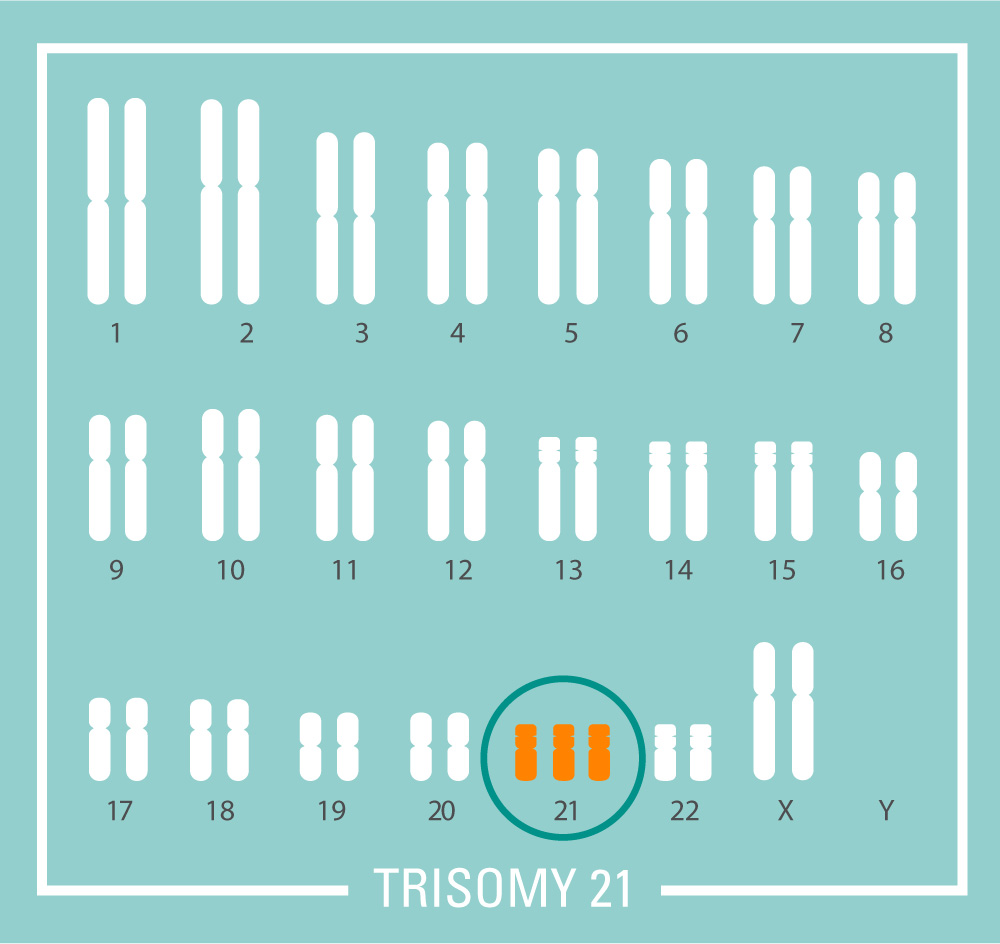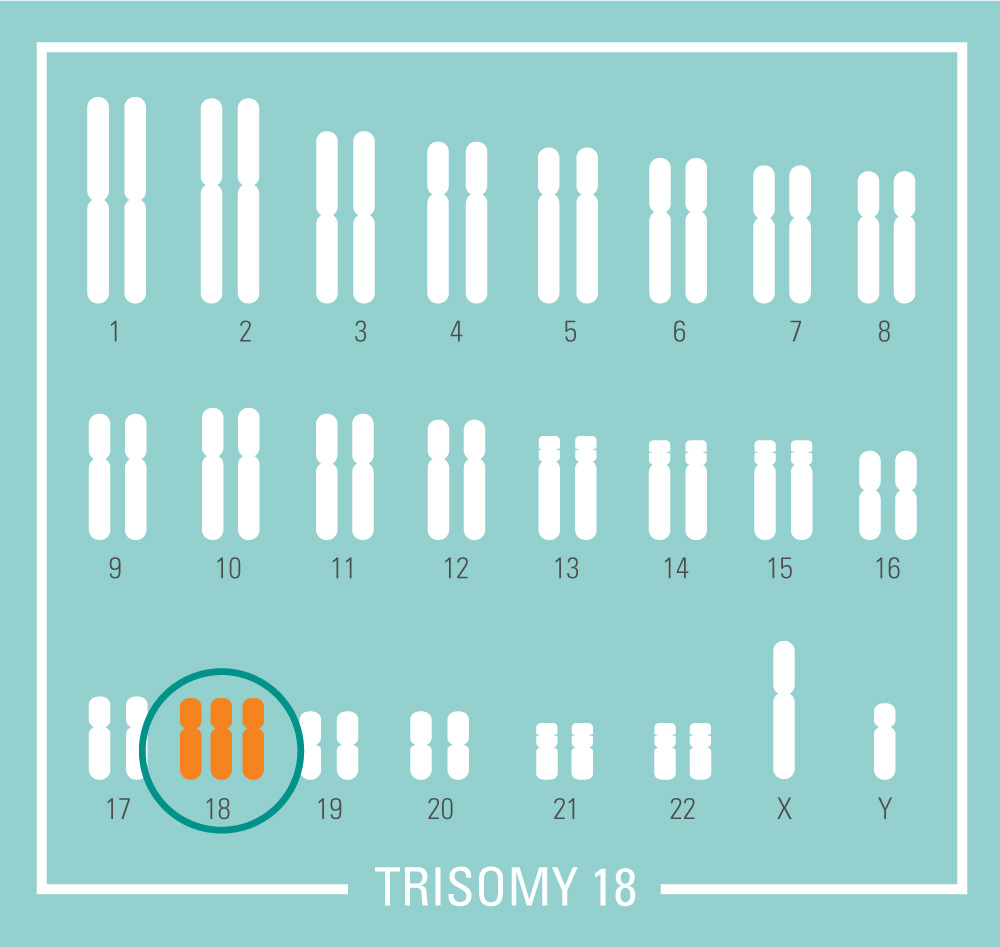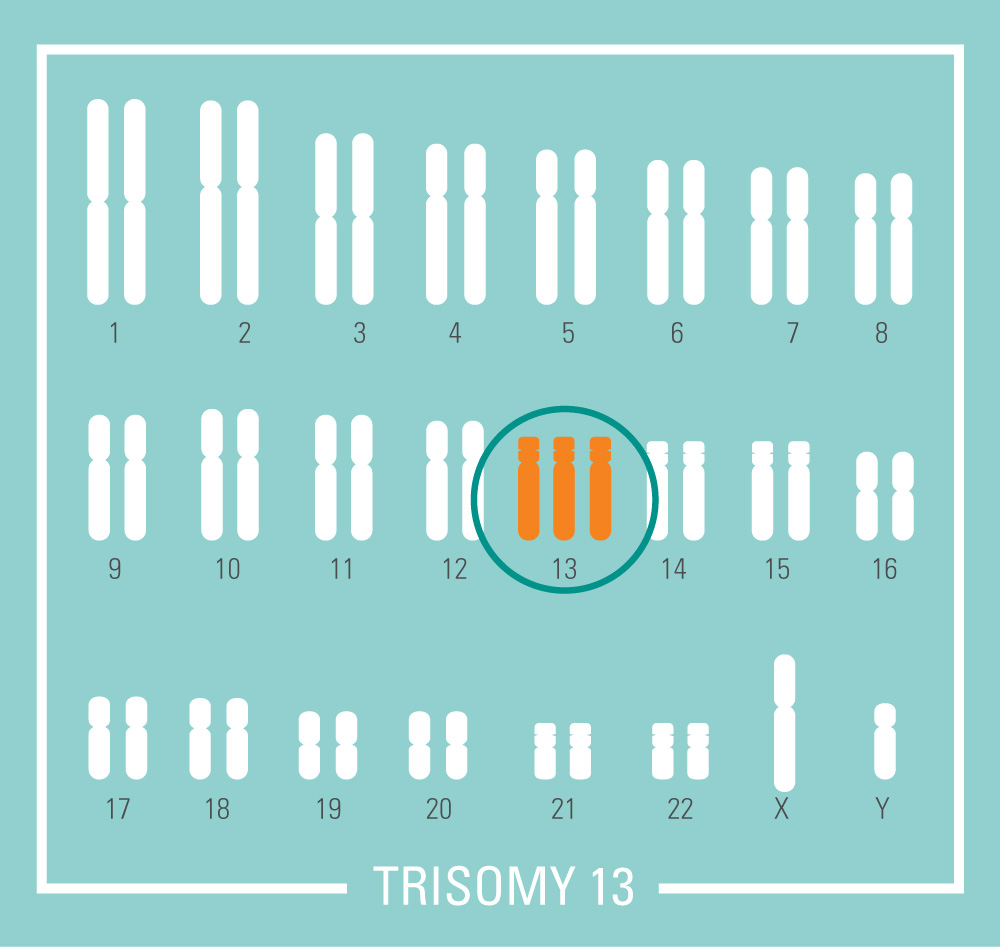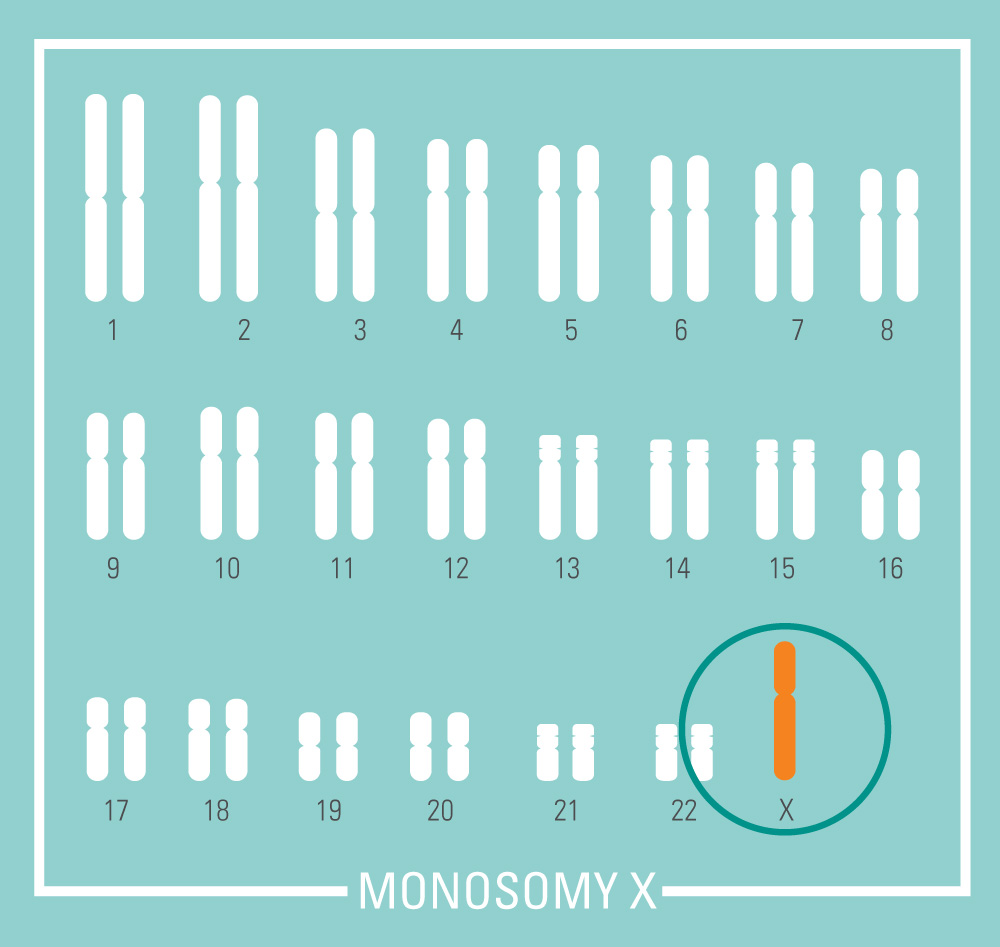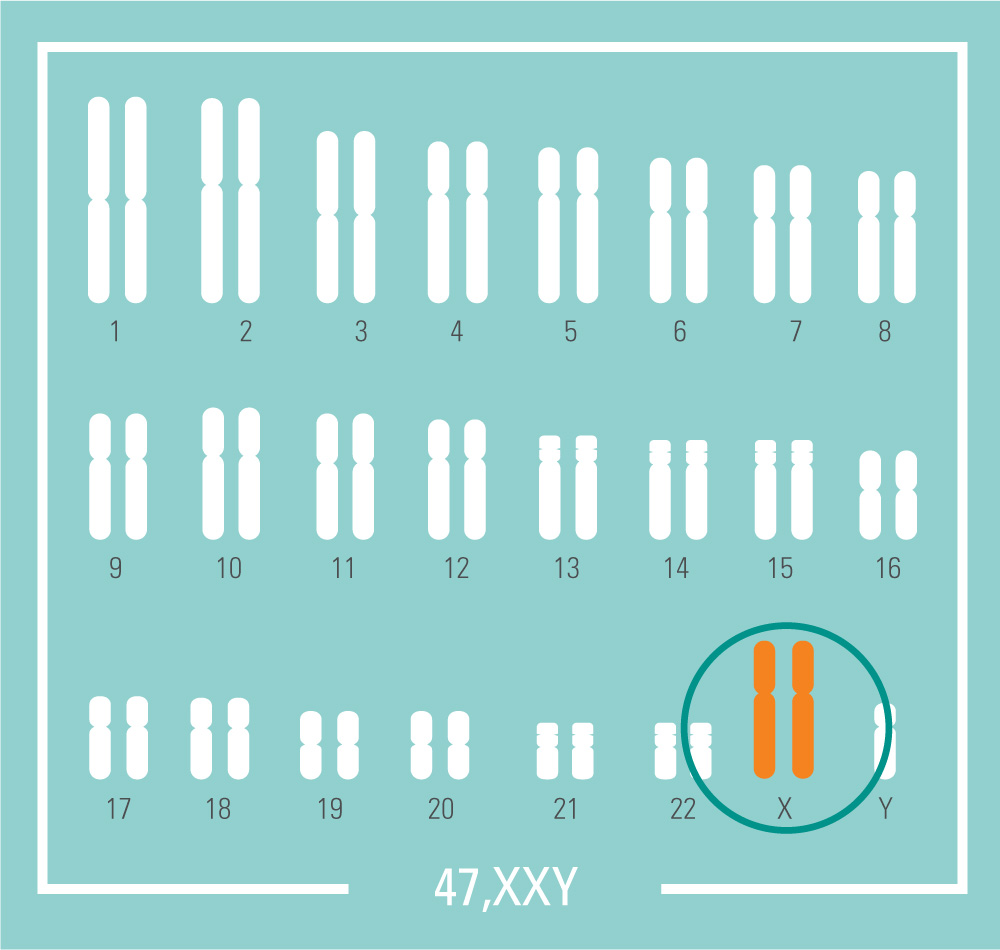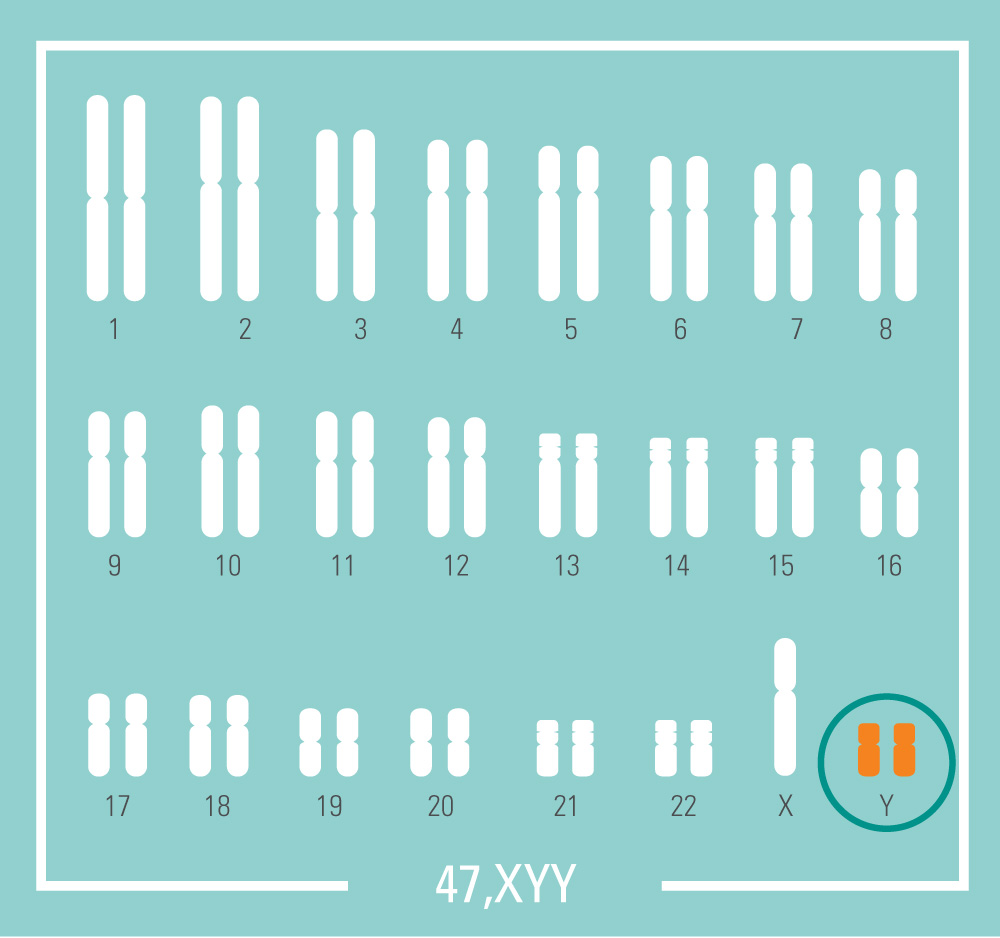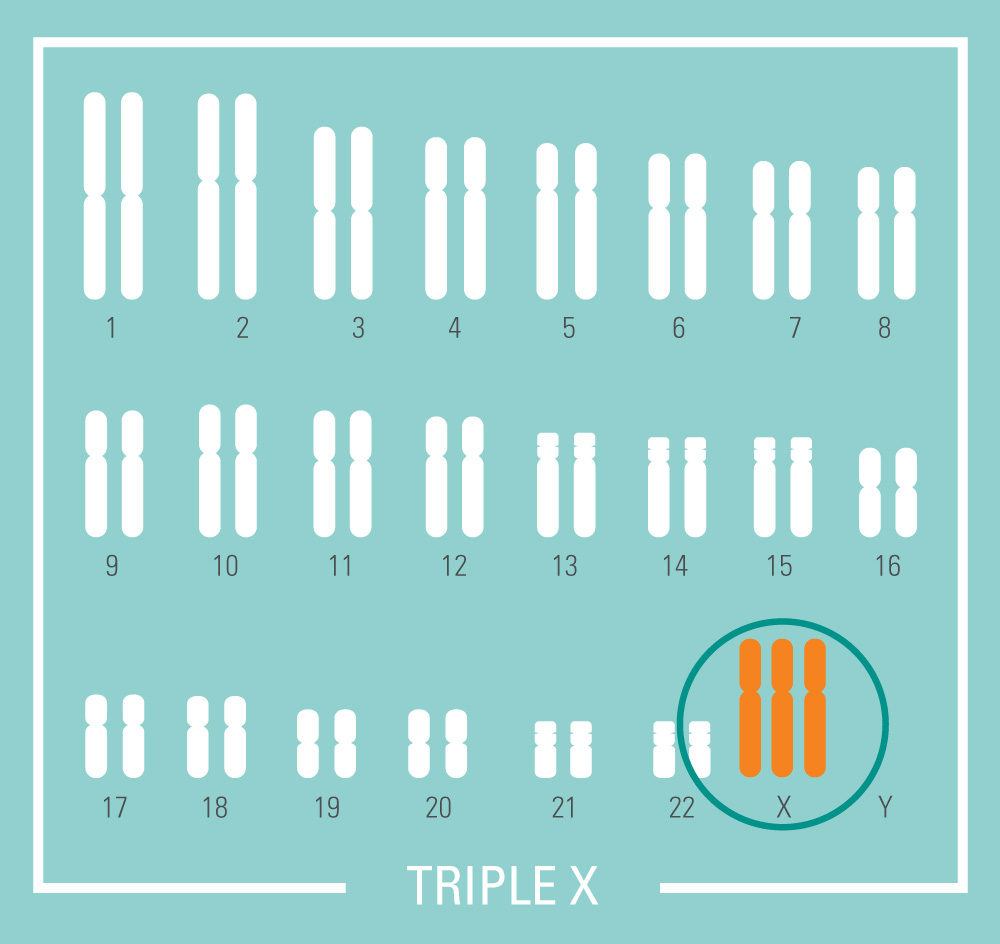Reminder: Genetic carrier screening for cystic fibrosis, spinal muscular atrophy, and fragile X syndrome is now bulk-billed. For more information, please click here.
Harmony® non-invasive prenatal testing (NIPT) test is a DNA-based blood screening test for the most common chromosomal abnormalities, including Down syndrome (trisomy 21). Harmony NIPT also offers optional 22q11.2 deletion screening and is exclusively offered in Australia by Clinical Labs: Your experts in antenatal testing.
Harmony offers greater accuracy than traditional tests, identifying greater than 99% of Down syndrome cases and can be performed as early as 10 weeks into pregnancy.1,2 Testing is conducted in Clinical Labs’ genetics laboratory in Australia, allowing results to reach your referring doctor within 5-10 business days of sample receipt at our lab.
Harmony NIPT is available for all naturally conceived or in vitro fertilisation (IVF) singleton or twin pregnancies, including those with egg donors. However, only singleton pregnancies can undergo the sex chromosome aneuploidy and 22q11.2 deletion syndrome analysis.
References:
- Stokowski et al. Prenat Diagn. 2015;35:1-4.
- Norton et al. N Engl J Med. 2015 Apr 23; 372(17): 1589-97.
Getting Started
What is NIPT?
NIPT stands for Non-Invasive Prenatal Testing and unlike traditional prenatal testing which can be invasive, NIPT uses a simple blood test to analyse the DNA of your baby.
Harmony is a non-invasive prenatal test which is analysed from a simple blood sample during pregnancy from week 10 onwards. The basic principle of prenatal screening is to offer a safe, accessible and accurate test to all pregnant women in order to identify those women with an increased likelihood of having a baby with a chromosomal aneuploidy that can cause birth defects.
The Harmony prenatal test was developed to be a more accurate prenatal Down syndrome screening test, is validated for use in women ≥ 18years and is suitable for women of any risk category*. When you’re pregnant, your blood contains fragments of your baby’s DNA. Harmony analyses this DNA in a sample of your blood to assess the risk of Down syndrome (trisomy 21) and two other genetic conditions, trisomy 18 (Edwards syndrome) and trisomy 13 (Patau syndrome).
*Any risk refers to the average risk population (age < 35) and high risk population (age > 35).
Why is it important?
The Royal Australian and New Zealand College of Obstetricians and Gynaecologists (RANZCOG) recommends that all pregnant women be provided with information regarding screening for Down syndrome 4.
Combined first trimester screening (cFTS) can detect 85-90% of pregnancies with Down syndrome (trisomy 21) with a false-positive rate of 3-5%.2 Harmony has been shown in clinical testing to identify greater than 99% of Down syndrome cases and to have a false-positive rate of less than 0.1%.1,2
References:
- Stokowski et al. Prenat Diagn. 2015;35:1-4.
- Norton et al. N Engl J Med. 2015 Apr 23; 372(17): 1589-97.
- Norton et al. Am J Obstet Gynecol. 2012 Aug;207(2):137.e1-8.
- RANZCOG Guideline (C-Obs59) July 2018.
*Any risk refers to the average risk population (age < 35) and high risk population (age > 35).
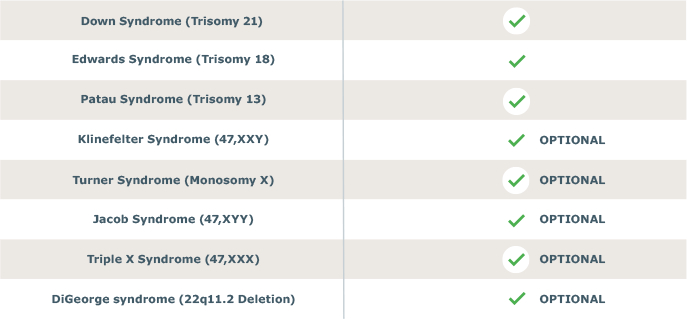
What does Harmony NIPT screen for?
Harmony is viewed as a reliable screening test and can be seen as the first universal tier antenatal screening test for the most common chromosomal conditions – making up approximately 80% of all chromosomal conditions. Please see table for a summary of the key abnormalities that are screened by Harmony.
The chromosomal conditions that Harmony screens for can be broken down into trisomies, sex chromosome aneuploidies and microdeletions.
Trisomies
Our cells usually have 23 pairs of chromosomes. Trisomy is the word used to describe the presence of an extra chromosome in the cells. Trisomies are named based on which chromosome has the extra copy, so a person with trisomy 21 has an extra copy of chromosome 21. The Harmony test looks for trisomy 21 (Down syndrome), trisomy 18 (Edwards syndrome) and trisomy 13 (Patau syndrome).
Sex Chromosome Aneuploidies
Most people have either two X chromosomes or one X and one Y chromosome in their cells. People with a sex chromosome aneuploidy (SCA) have a different number of X and/or Y chromosomes. People with SCAs can have birth defects, infertility and learning differences. Some people with an SCA have such subtle features that the condition isn’t identified until after childhood. Here are the SCAs that Harmony screens for:
For Frequently Asked Questions about Harmony NIPT, CLICK HERE. If you still require further support after reading this information, call 1300 750 610.


